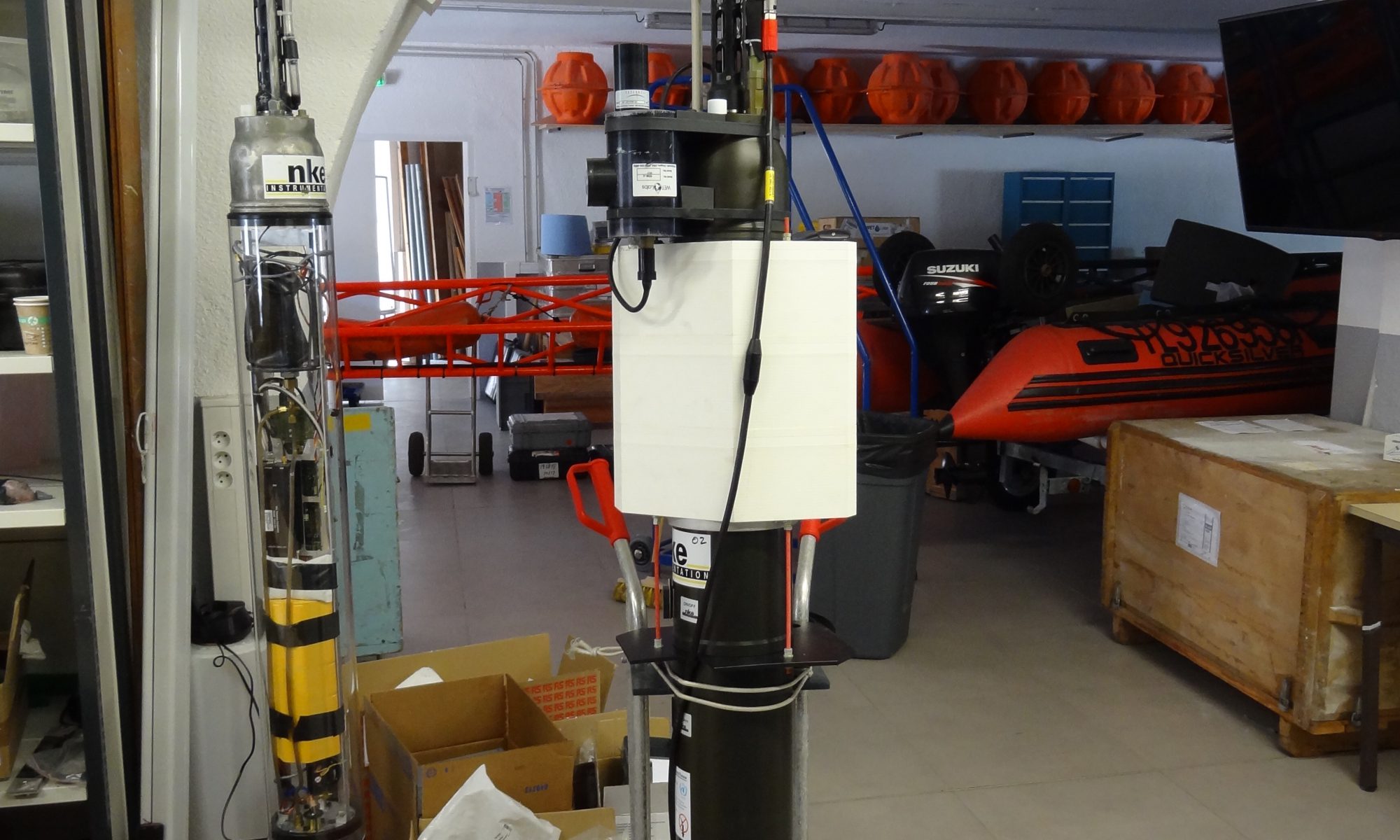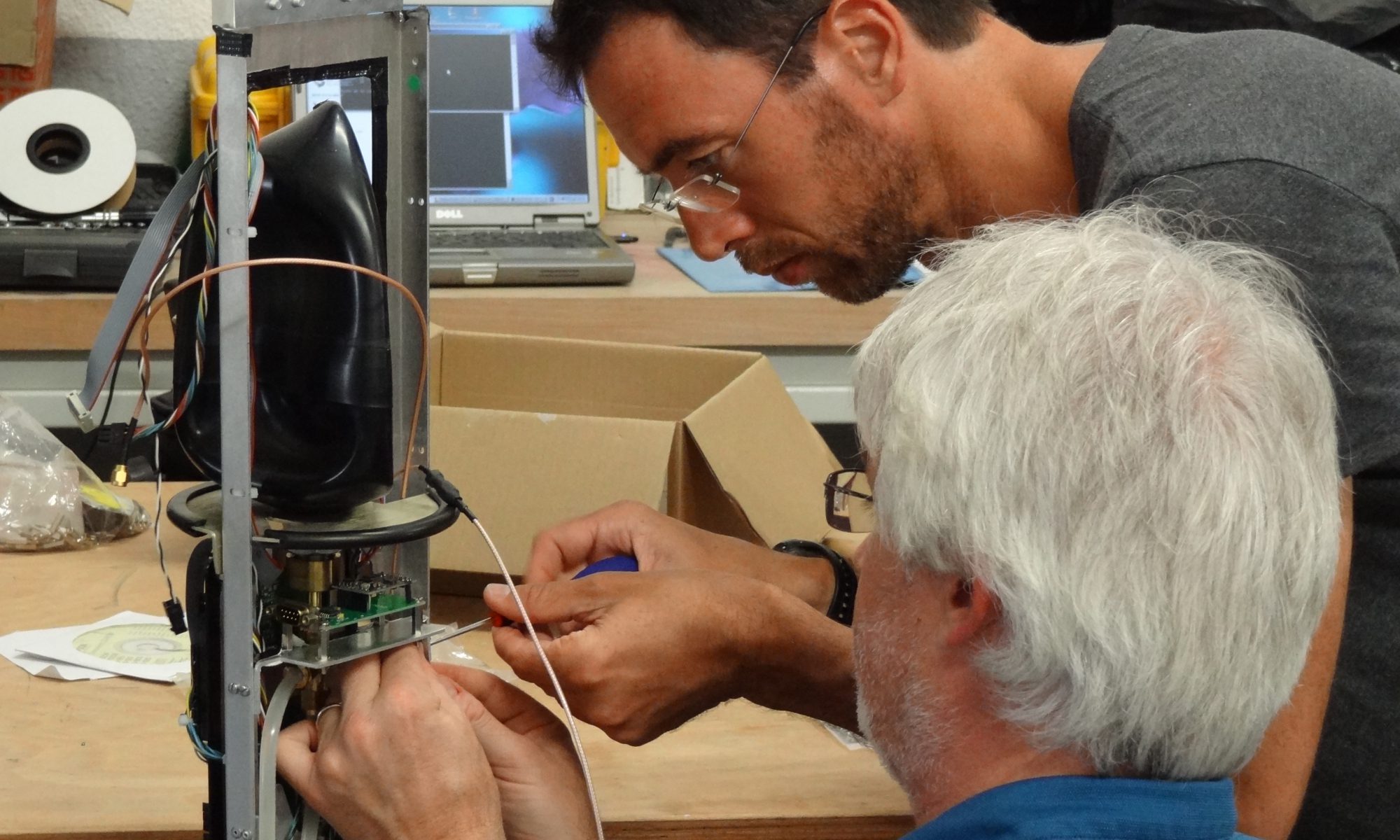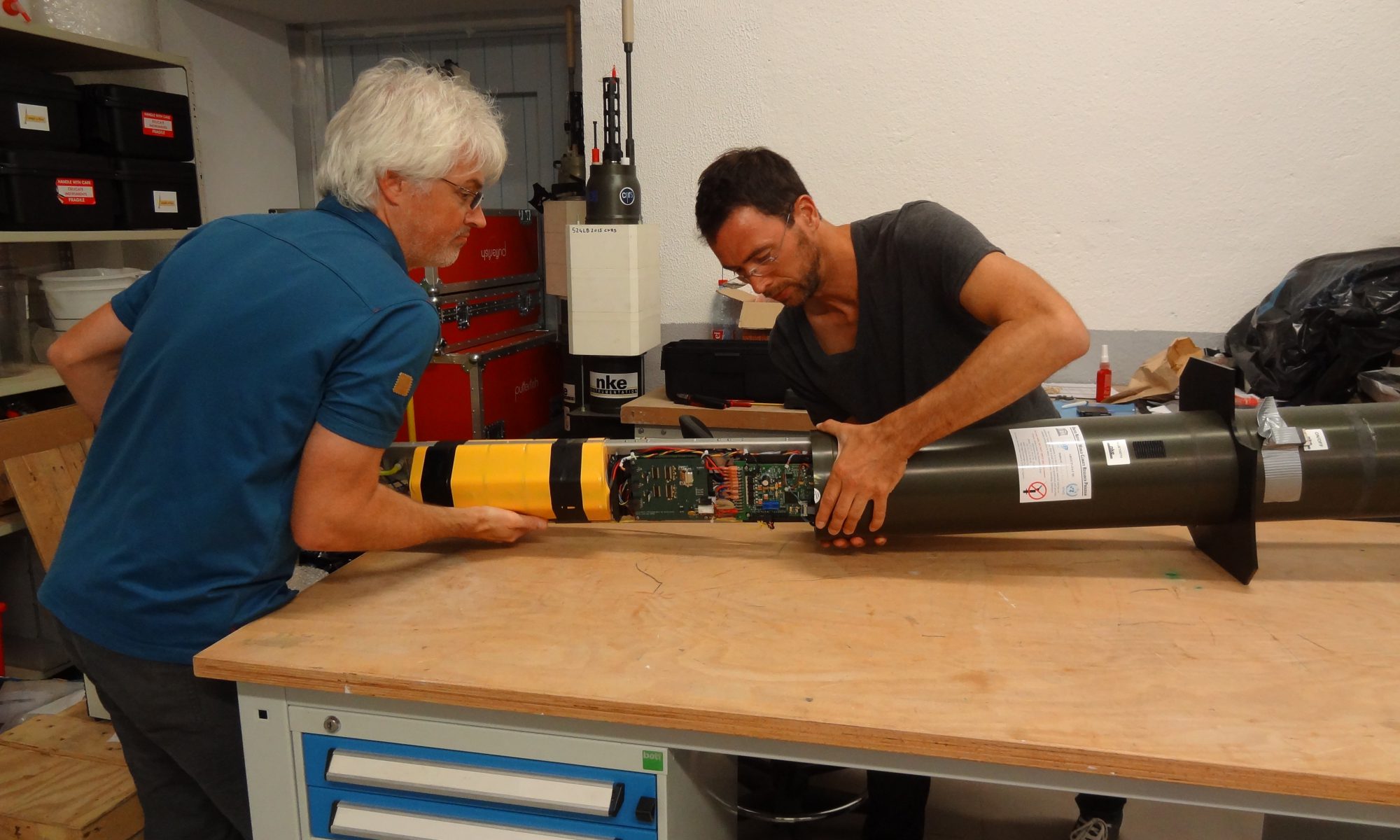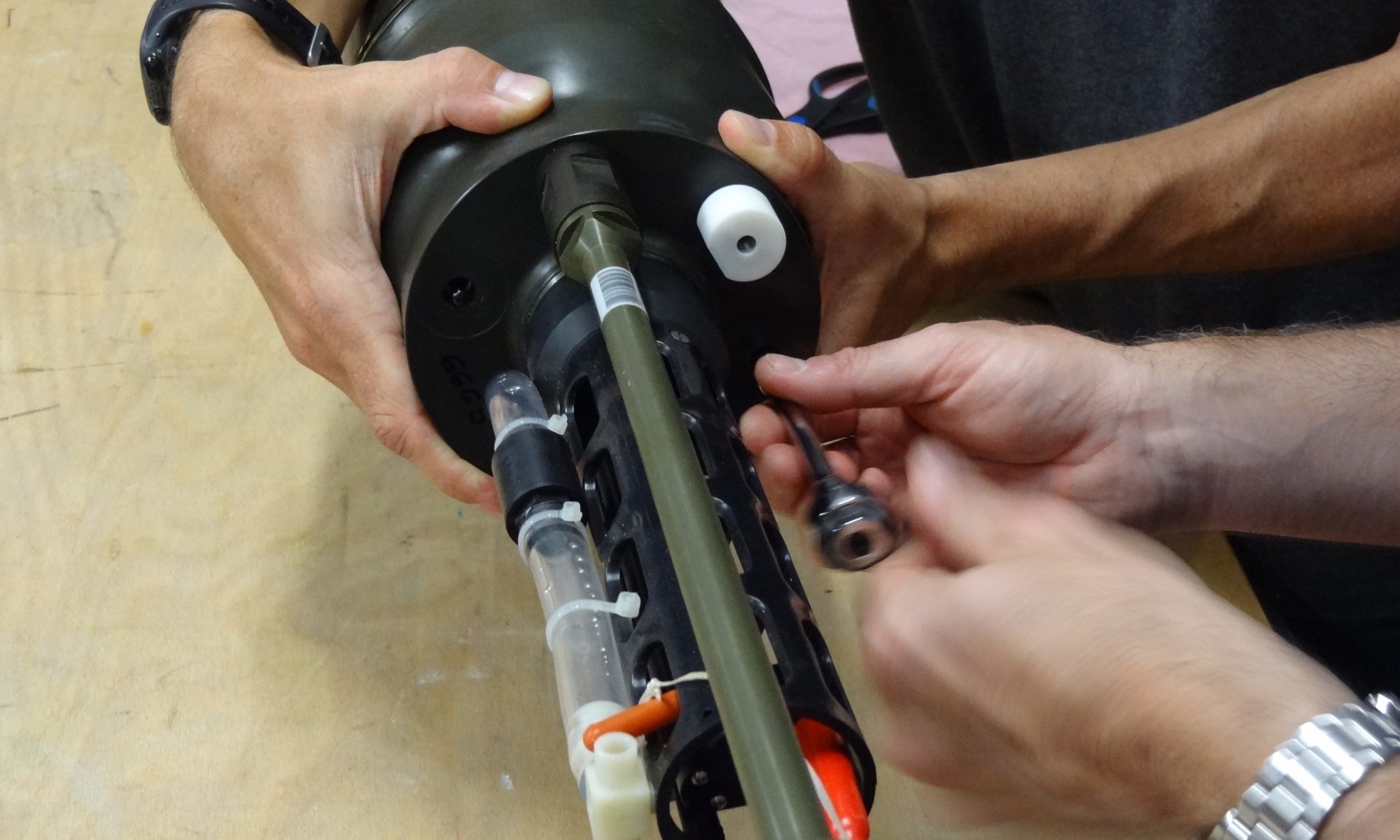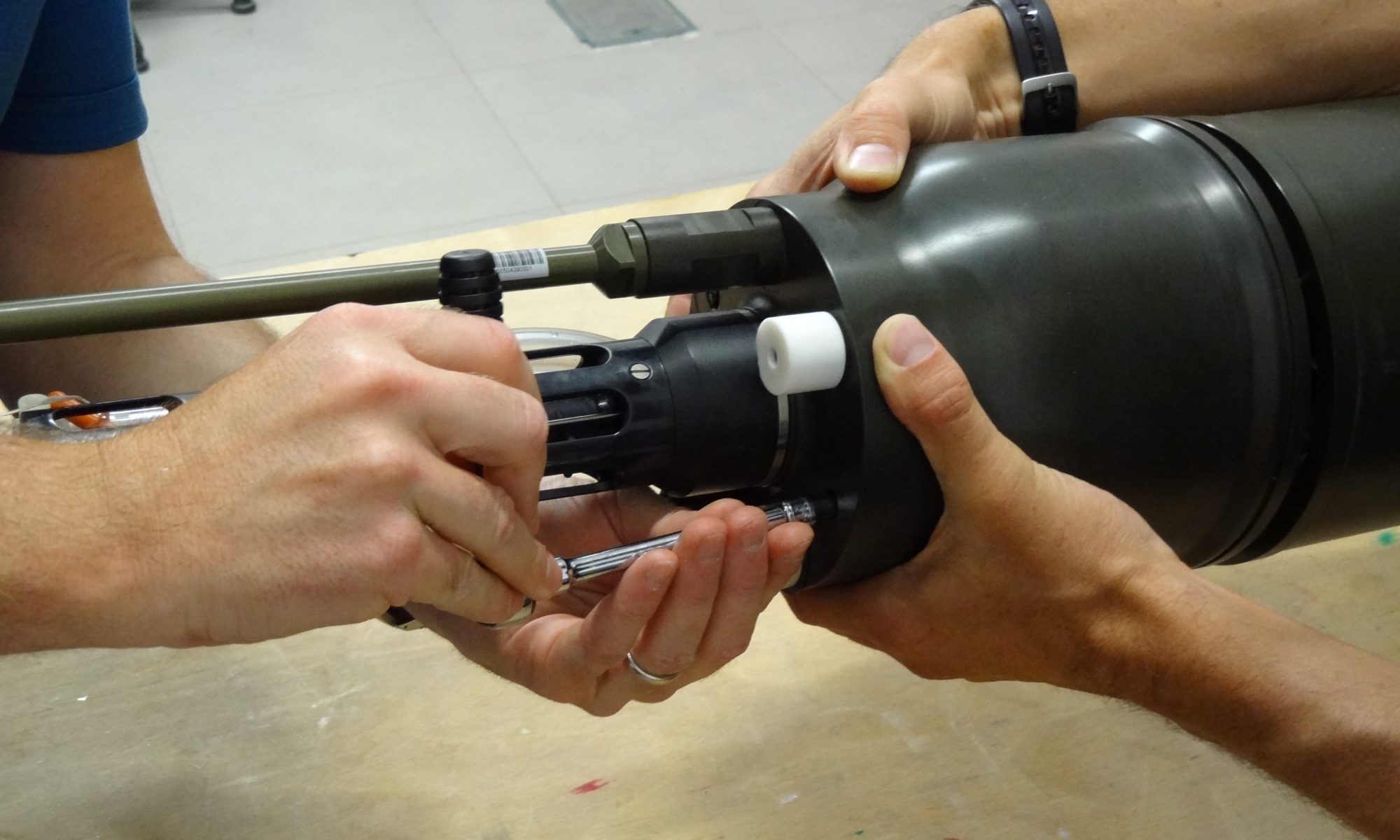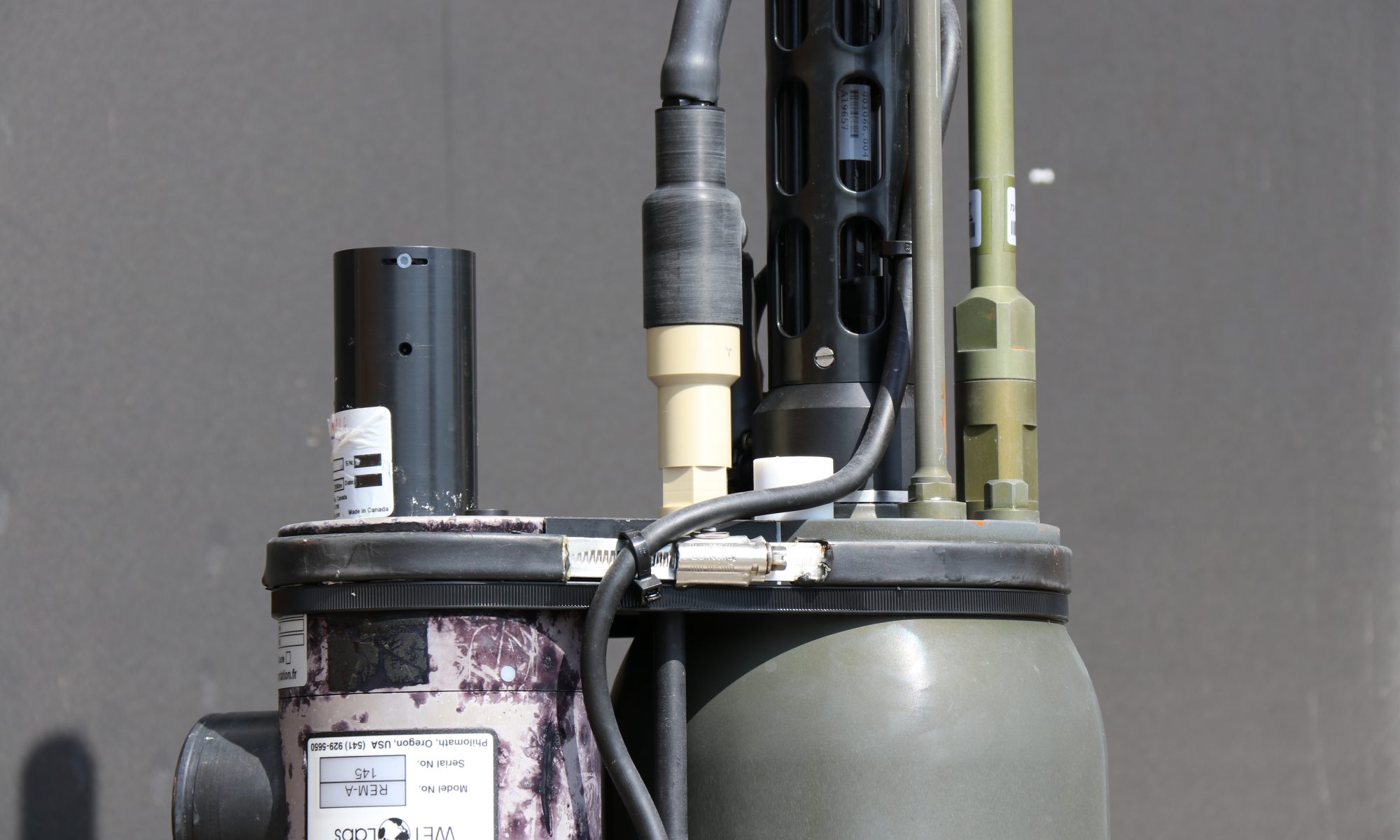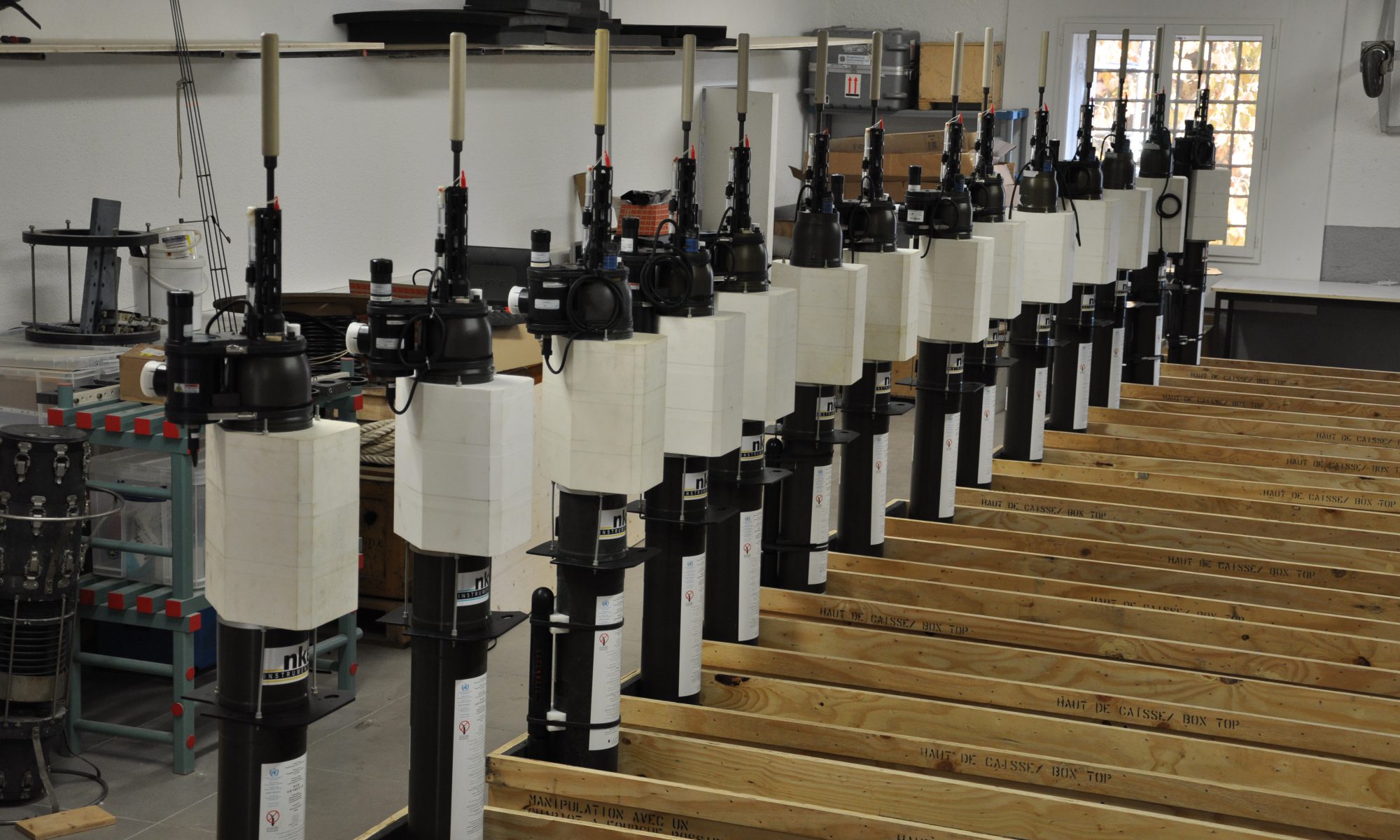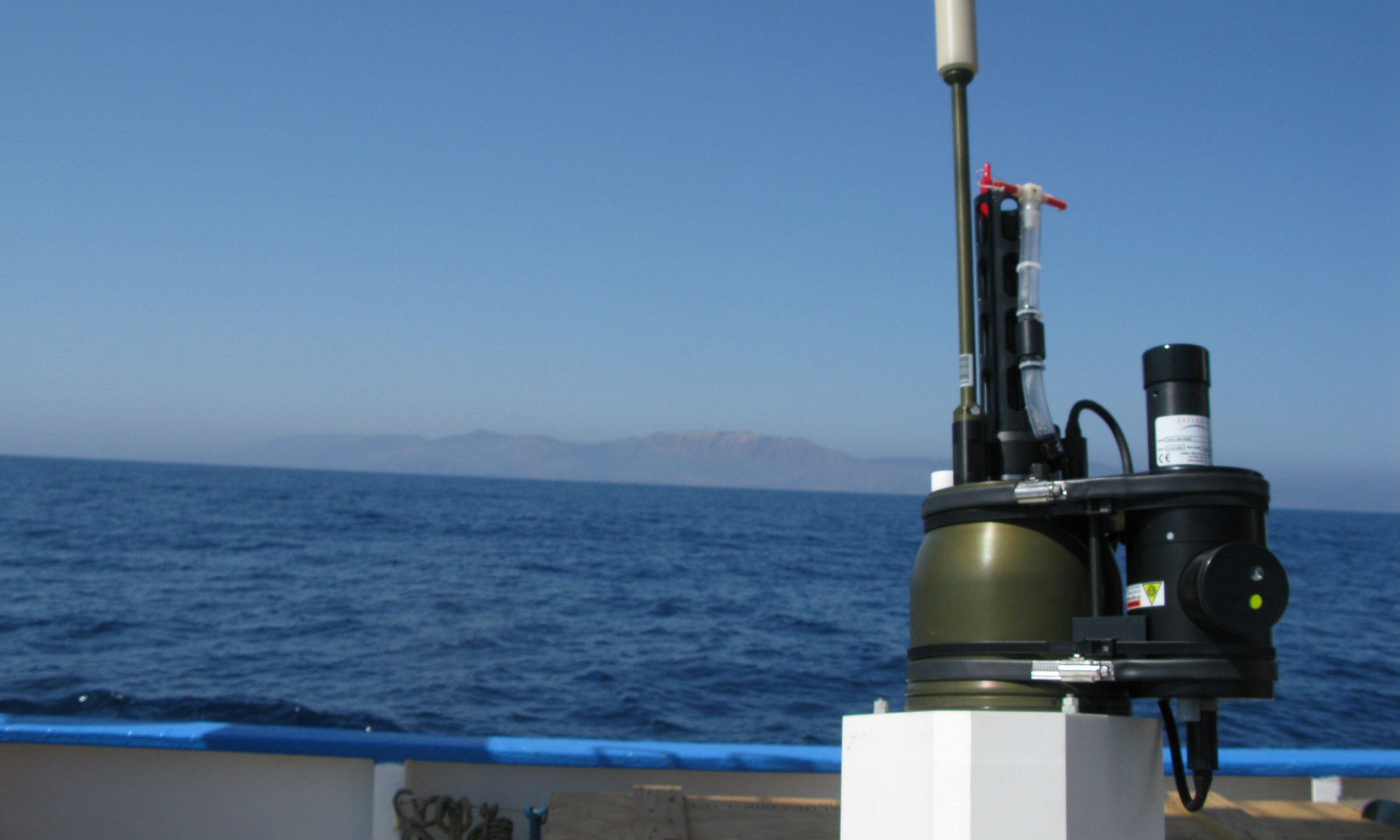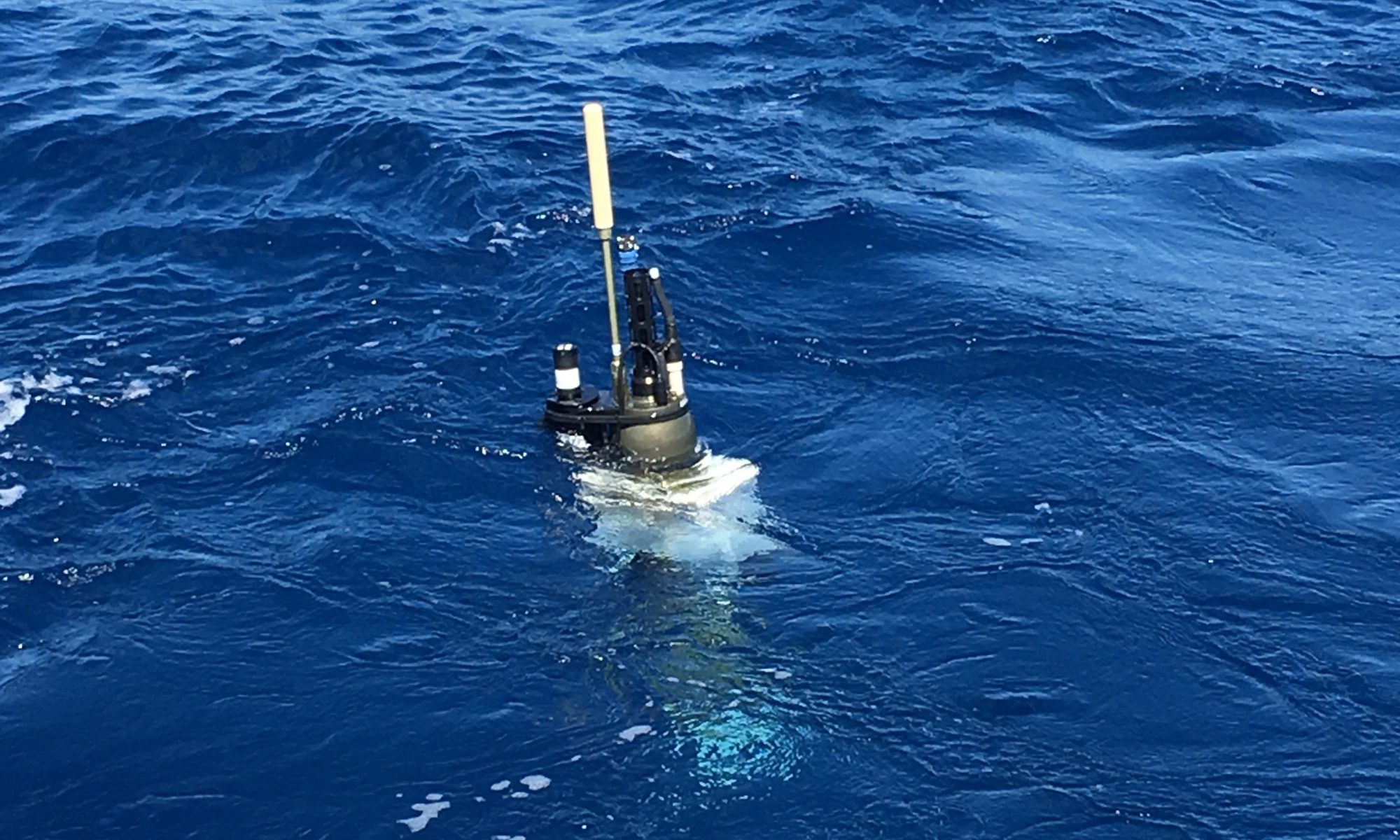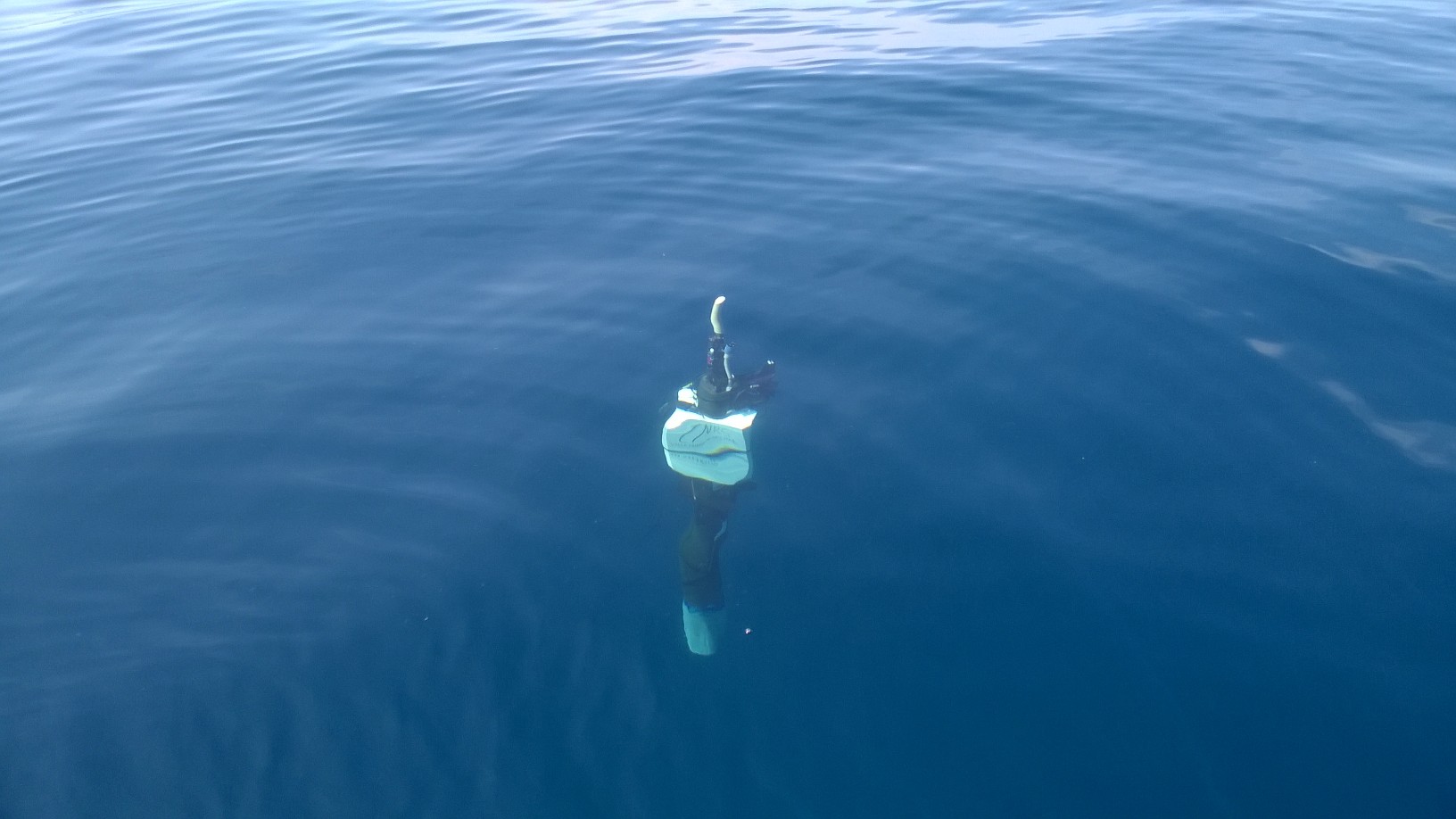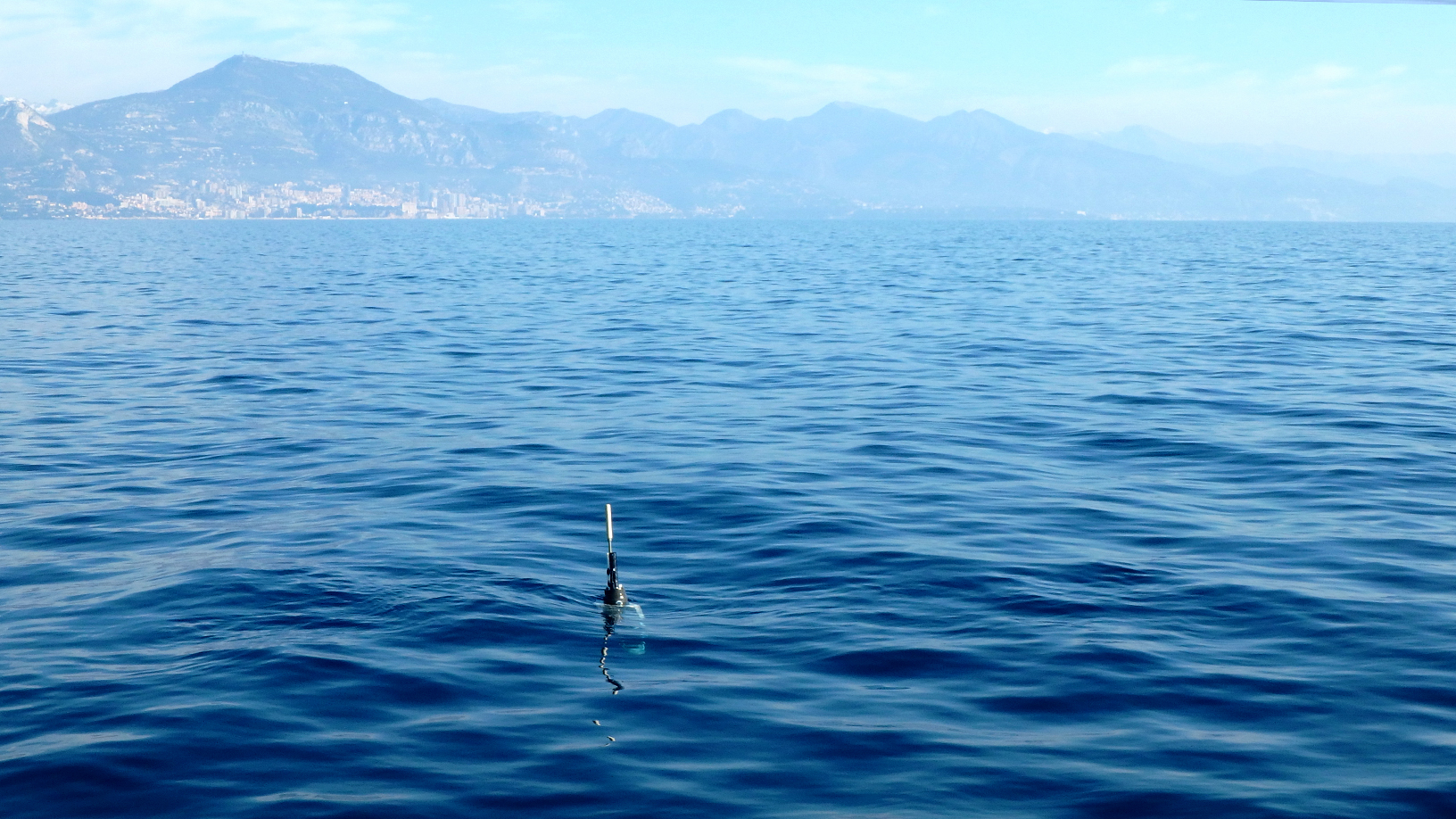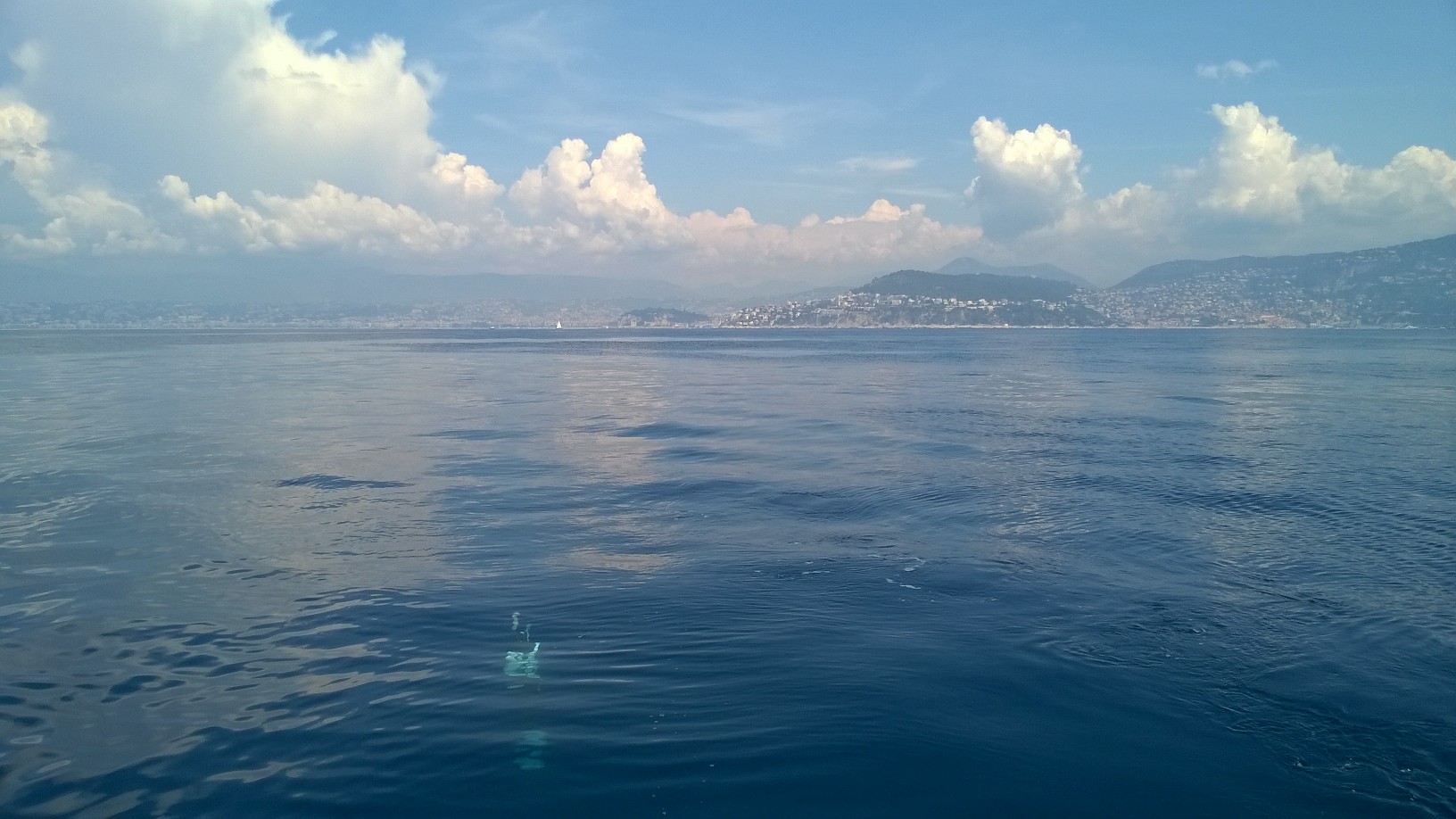Introduction
Developing systematic and long-term measurement of pH is required to evaluate on-going ocean acidification. The BGC-Argo-pH project aims at progressively implementing these measurements on a fleet of robots, the so-called profiling floats operated by the BGC-Argo program.
2018 - 2019
Our team build and test 6 new floats carrying pH sensors.
2019 - 2020
The floats are deployed in three main oceanic areas: Austral ocean, North Atlantic and Mediterranean Sea.
2019 - 2020
The quality of the acquired data are controlled following this deployment period.
2020 - 2021
The first scientific analysis are realized after a full year of data acquisition.
OCEAN ACIDIFICATION
uptake by the ocean
ocean acidity increase
The biological impacts of such changes include reduced growth and survival of numerous marine organisms, including corals, oysters, clams, urchins, and calcareous plankton. Even the behavior of some fish is altered. These effects have consequences on the marine ecosystems and food webs on which human societies depend.
It is therefore critical to gather information on ocean acidification. The Global Ocean Acidification Observing Network (http://www.goa-on.org) is a newly-developed, worldwide community of scientists collecting and studying data on ocean acidification – providing a “vital signs” monitoring network covering both the chemical and biological aspects of ocean acidification.
Compilation of existing data on ocean acidification shows that huge ocean areas are not adequately monitored. High frequency measurements at all seasons and throughout the water column are needed but very few study sites fulfilling these requirements.

BGC-Argo floats equipped with pH sensors
BGC-Argo float technology is revolutionizing our way to observe the global ocean at unprecedented space and time resolutions. Beside temperature and salinity, BGC-Argo floats are presently designed to acquire six environmental and biogeochemical properties whose measurement are essential in the context of an ocean under increasing pressure and changes. Among these properties, pH has only recently become accessible to float's measurement thanks to the now availability of a reliable and dedicated sensor.
PROFILING FLOAT
A profiling float is a robot which, using the Archimedes principle, explores the ocean between surface and 2Km depth and records key oceanic measurements thanks to the miniature high-tech sensors it carries. In particular, the floats prepared as part of BGC-Argo-pH will have a new pH sensor.
the BGC-Argo international program
In the context of developing global ocean observation capabilities to support science research, ressources management and exploration, BGC-Argo aims at developing and operating a fleet of 1000 profiling floats measuring physical, chemical and biological properties.
Explore the data collected by profiling floats
Each time a profiling float reaches to the surface, it transmits its data through satellite communication. These data are in open-access for a wide range of scientific and operational applications. They can be visualized in real-time as well as the whole time-serie of acquisition since the float’s initial deployment.
Map of floats
Map of specific floats carrying pH sensors
Map of specific floats carrying pH sensors
Our Team
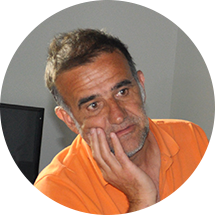
Hervé Claustre
Senior Scientist
Research Gate Profil
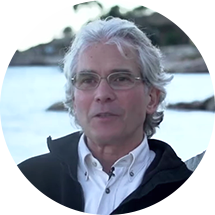
Jean-Pierre Gattuso
Senior Scientist
Research Gate Profil

Edouard Leymarie
Engineer Staff
Research Gate Profil
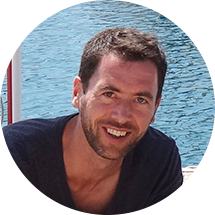
Christophe Penkerc'h
Engineer Staff
Research Gate Profil
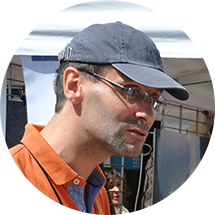
Antoine Poteau
Engineer Staff
Research Gate Profil

Catherine Schmechtig
Engineer Staff
Research Gate Profil
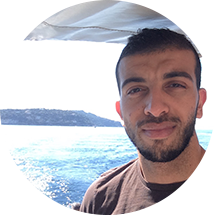
Samir Alliouane
Engineer Staff
Research Gate Profil
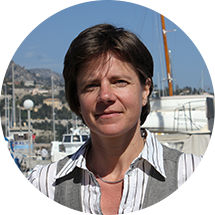
Carolyn Scheurle
Outreach Coordinator @IMEV
Culture Ocean

Thomas Jessin
Graphic Designer / Web Developer
Culture Ocean
Connecting a non-scientific audience and especially young people to the ongoing research and raising awareness concerning a current and critical marine environmental change, are two challenges the team aims addressing through public outreach and education. On a national and international level, it therefore engages in developing pedagogic material, proposing hands-on activities and informing on specific occasions during the projects lifetime and beyond.

The BGC-Argo-pH project aims at progressively implementing these measurements on a fleet of robots, the so-called profiling floats operated by the BGC-Argo program.


